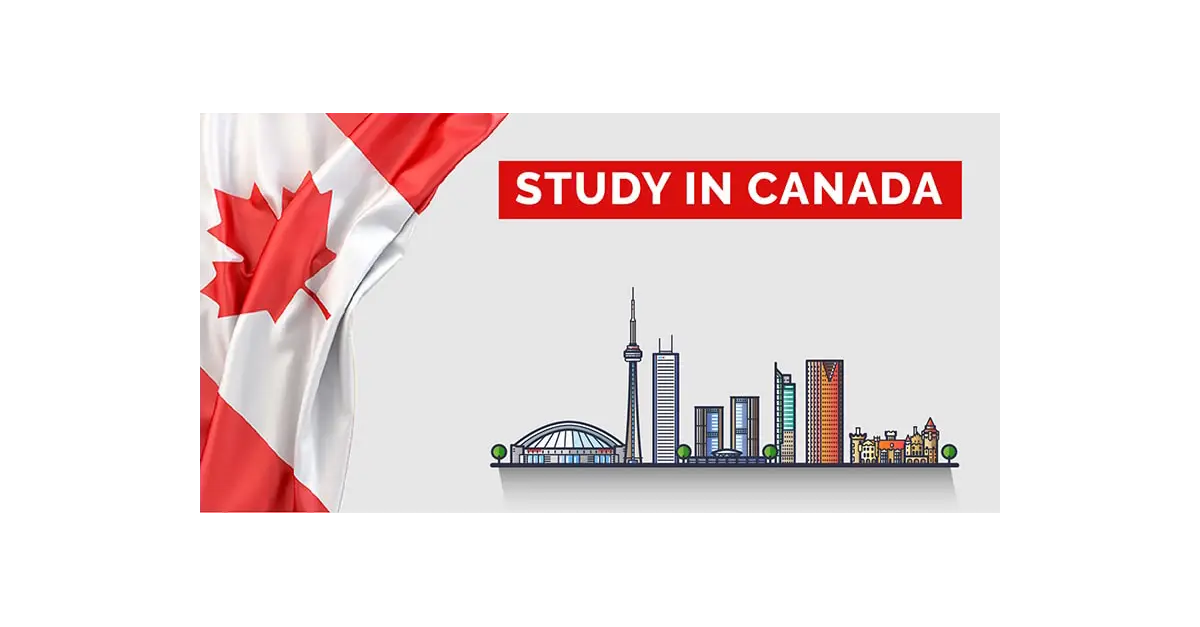The future for students in Canada is generally positive and offers numerous opportunities. Canada has a well-regarded education system with a strong emphasis on research and innovation. Quality Education, Diverse Study Options, Research Opportunities, Scholarships and Funding, Post-Graduation Work Opportunities, Cultural Diversity, Safe and Welcoming Environment, and Career Prospects are some benefits students get on studying in Canada. If you are planning for overseas education, Canada is the best option. Let’s know the requirements to get eligible for higher education in this beautiful country. To apply for Study Permit in Canada, you generally need to meet the following requirements:
Acceptance by a Designated Learning Institution (DLI): You must have an acceptance letter from a Canadian educational institution designated to host international students. To obtain the acceptance letter, you typically need to go through the application process of the educational institution you are interested in. This may involve submitting an application form, providing your educational background and transcripts, demonstrating your English or French language proficiency, and paying any required application fees. Once you receive an acceptance letter from a DLI, you can include it as part of your study permit application to prove that you have been accepted to a recognized institution in Canada.
Proof of financial support: When applying for a study permit in Canada, you must provide proof of financial support to demonstrate that you have enough funds to cover your tuition fees, living expenses, and return transportation costs. This is to ensure that you can support yourself financially during your stay in Canada as a student. The specific amount of funds required may vary depending on factors such as the duration of your study program, the location of the institution, and whether you have dependents accompanying you. It’s important to check the current financial requirements on the official website of Immigration, Refugees and Citizenship Canada (IRCC) to ensure you meet the minimum threshold.
Here are some common ways to demonstrate proof of financial support:
- Bank statements: You can provide bank statements showing your financial transactions and balance for the past few months. This should include sufficient funds to cover your expenses.
- Guaranteed Investment Certificate (GIC): Some institutions may require you to purchase a GIC from a participating Canadian financial institution. This GIC serves as proof of your financial capacity.
- Proof of funding or sponsorship: If you have a scholarship, sponsorship, or financial support from another source, you will need to provide official documents detailing the terms and conditions of the support.
- Tuition payment receipts: If you have already paid your tuition fees or a substantial portion of them, you can include receipts as proof of financial capacity.
- Proof of income or employment: If you have a job or other sources of income, you can provide documents such as pay stubs, employment contracts, or tax returns to demonstrate your financial stability.
Proof of identity: You must have a valid passport or travel document that allows you to return to your home country.
Medical examination: In some cases, you may be required to undergo a medical examination to show that you are in good health.
Custodian requirements: If you are under 18 years of age, you may need to provide proof of a custodian in Canada.
Language proficiency: Depending on the program and institution, you may need to provide proof of English or French language proficiency. The most widely accepted language tests for English proficiency are the International English Language Testing System (IELTS) and the Test of English as a Foreign Language (TOEFL). For French proficiency, the Test d’évaluation de français (TEF) is commonly accepted. These tests assess your reading, writing, listening, and speaking skills. You will need to achieve the minimum required score set by the institution or program you are applying to.
Application fee: There is a non-refundable fee associated with applying for a study permit. The application fee for a study permit can vary depending on the country and the specific circumstances of the applicant.
I hope that our dear readers find this article knowledgeable. Before ending up, I suggest students consult trusted Canada study visa consultants such as Western Overseas and get the correct advice. When it comes to making life-changing decisions, it’s always better to be in safe hands.




